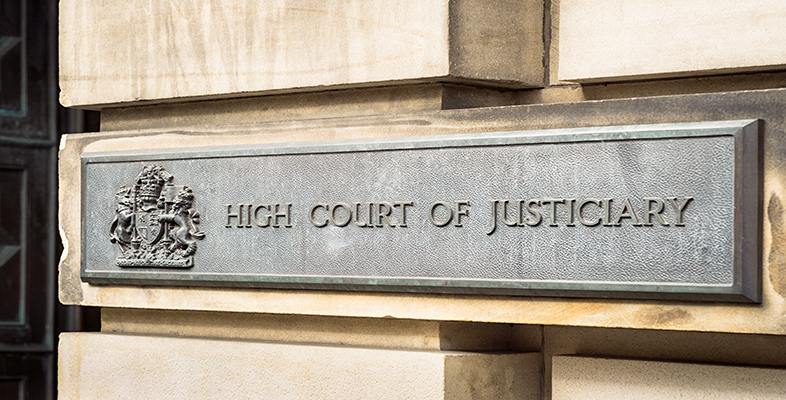3.1 The rule of law
The rule of law is regarded as underpinning the constitutional arrangements of any just and democratic society. It underpins the constitution of the UK and has been respected for many centuries in Scotland. It remains a cornerstone of the constitution and is often referred to by politicians who are proud of the respect shown for the rule of law in Scotland today.
Kenny, McAskill, in the foreword to the 2012 The strategy for justice Scotland:
I care deeply about Scotland. It is a successful country where, for the most part, people lead good lives in safe and secure communities. We are a country with a long tradition of respect for the rule of law. We are a fair and just country. We show compassion for others and uphold the values of social justice.
There are a number of principles which help underpin the rule of law. Each of these has relevance to the law and legal system in Scotland. The principles and their definitions are shown in the interactive diagram below, click on each word to learn more.
The principle of impartiality is linked to the concept of separation of powers. The concept of separation of powers means that the organs of state, executive, legislature and judiciary, should be separate from each other. This separation enables a system of checks and balances on the use of power. These checks and balances are aimed at safeguarding against the abuse of power by the state and the protection of citizens. It effectively means that the law-making bodies, the public services such as the Procurator Fiscal Service and the courts are independent of each other. It also ensures that although the government can be party to actions before the courts, the courts’ ability to consider such cases is not compromised. This means that within Scotland the legislative, executive and judicial functions of the state are exercised independently of each other.
